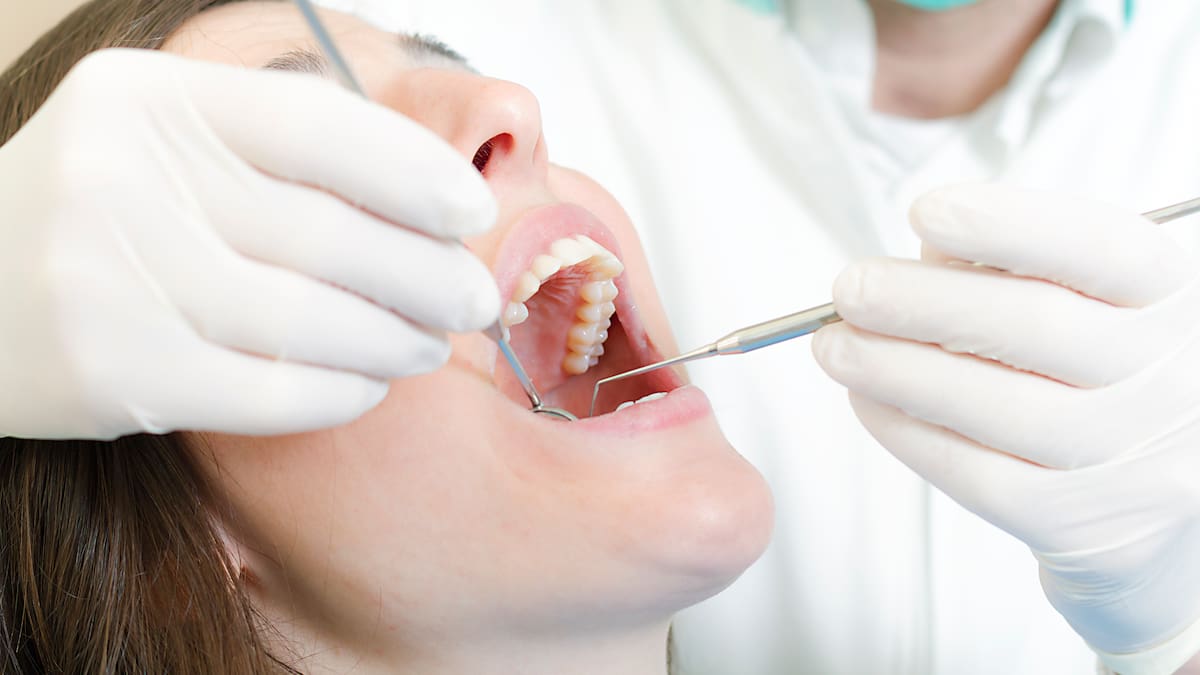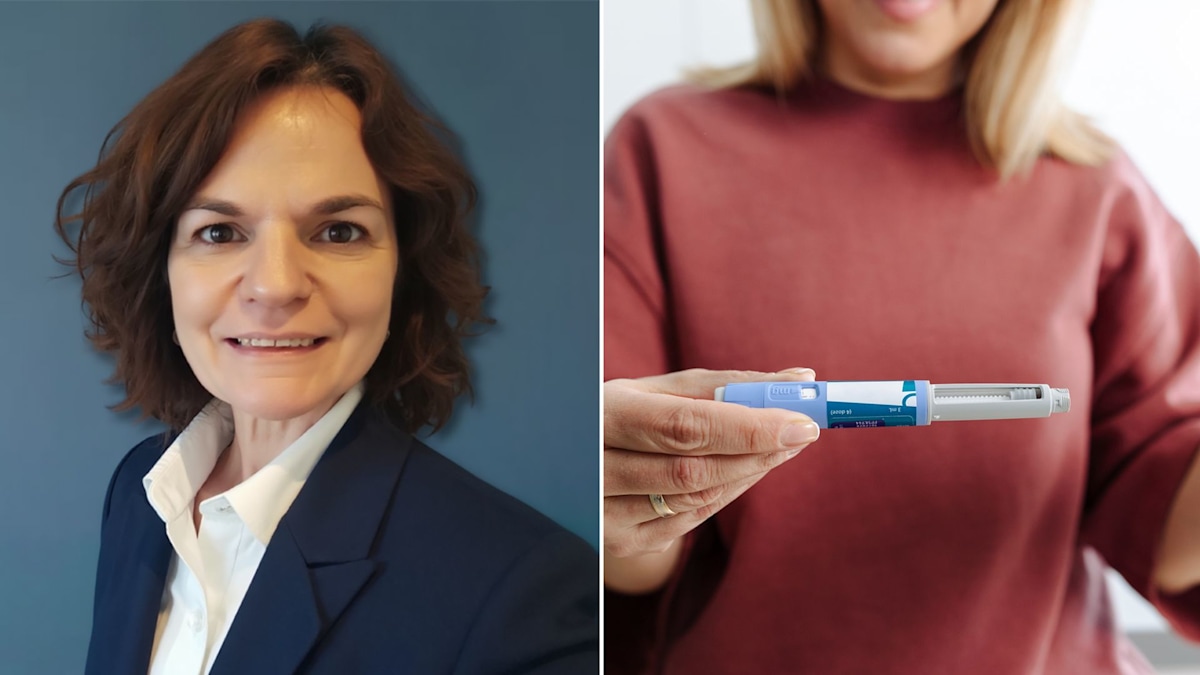Alarming Rise in Adult Tooth Decay: Aussie Dentists Demand Urgent Action

Australia is facing a growing oral health crisis, with a shocking one in three adults suffering from untreated tooth decay, according to the Australian Dental Association (ADA). This isn't just about a few cavities; it's a systemic problem leading to thousands of preventable hospitalisations each year and placing a significant strain on our healthcare system.
The ADA has launched a new strategy to address this alarming trend, highlighting the urgent need for increased preventative care and improved access to dental services, particularly for vulnerable populations. The statistics paint a stark picture: neglected tooth decay can lead to severe pain, infections, difficulty eating and speaking, and ultimately, significant health complications.
Why is Adult Tooth Decay on the Rise?
Several factors are contributing to this concerning increase. Firstly, many adults struggle with the cost of dental care. Regular check-ups and preventative treatments like fluoride applications and professional cleaning can be expensive, leading people to delay or forgo essential care. Secondly, a lack of awareness about the importance of oral health and the long-term consequences of untreated decay is a significant issue. Many Australians simply don't realise the impact of poor oral hygiene on their overall health and wellbeing.
Furthermore, dietary habits play a crucial role. Increased consumption of sugary drinks and processed foods contributes to the build-up of harmful bacteria in the mouth, accelerating the decay process. Finally, access to dental services can be challenging for those living in rural or remote areas, or for individuals with disabilities.
The ADA's Strategy: A Call to Action
The ADA's new strategy focuses on several key areas:
- Raising Awareness: Public health campaigns will aim to educate Australians about the importance of oral health and preventative measures.
- Improving Access: The ADA is advocating for policies that increase access to affordable dental care, particularly for disadvantaged communities. This includes exploring options for expanding public dental services and supporting community-based dental programs.
- Promoting Preventative Care: Dentists are encouraging patients to adopt good oral hygiene practices, including regular brushing, flossing, and fluoride use. They also emphasise the importance of regular dental check-ups, even if there are no visible signs of problems.
- Early Intervention: Identifying and treating early signs of tooth decay can prevent more serious and costly problems down the line.
What Can You Do?
Protecting your oral health is an investment in your overall wellbeing. Here are some simple steps you can take:
- Brush twice daily with fluoride toothpaste.
- Floss daily to remove plaque and food particles.
- Limit your intake of sugary drinks and processed foods.
- Visit your dentist regularly for check-ups and cleanings.
Don't wait until you experience pain or discomfort. Proactive oral health care is the key to preventing tooth decay and maintaining a healthy smile for years to come. The ADA's call to action is a vital step in addressing this growing crisis, but it requires a collective effort from individuals, healthcare providers, and policymakers.






